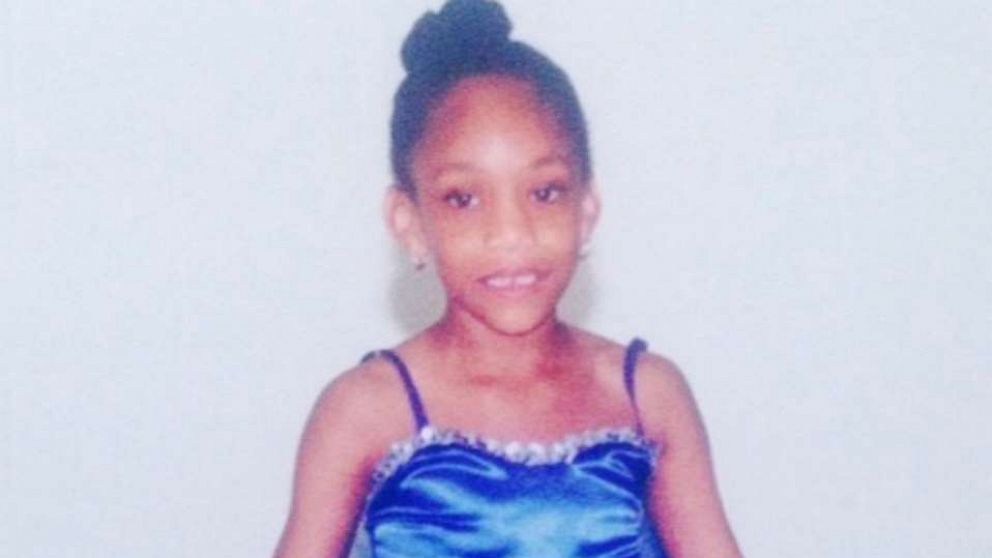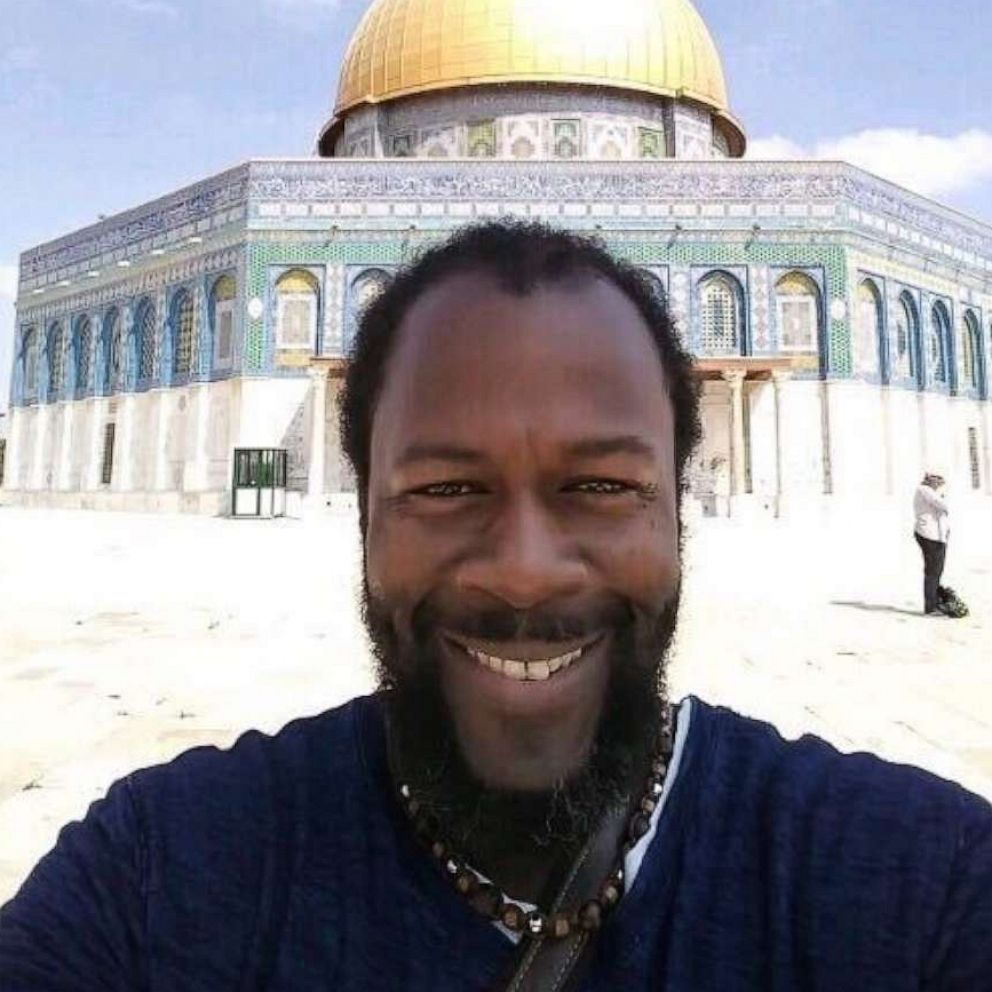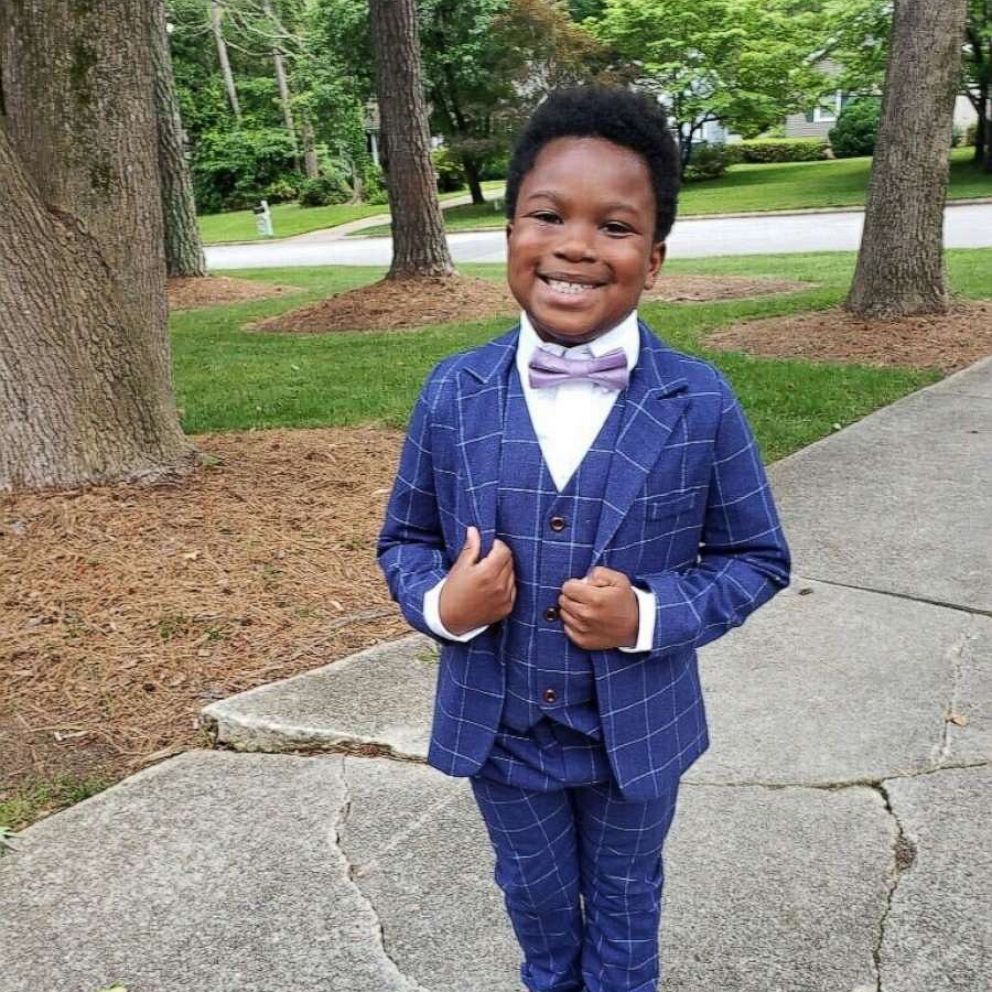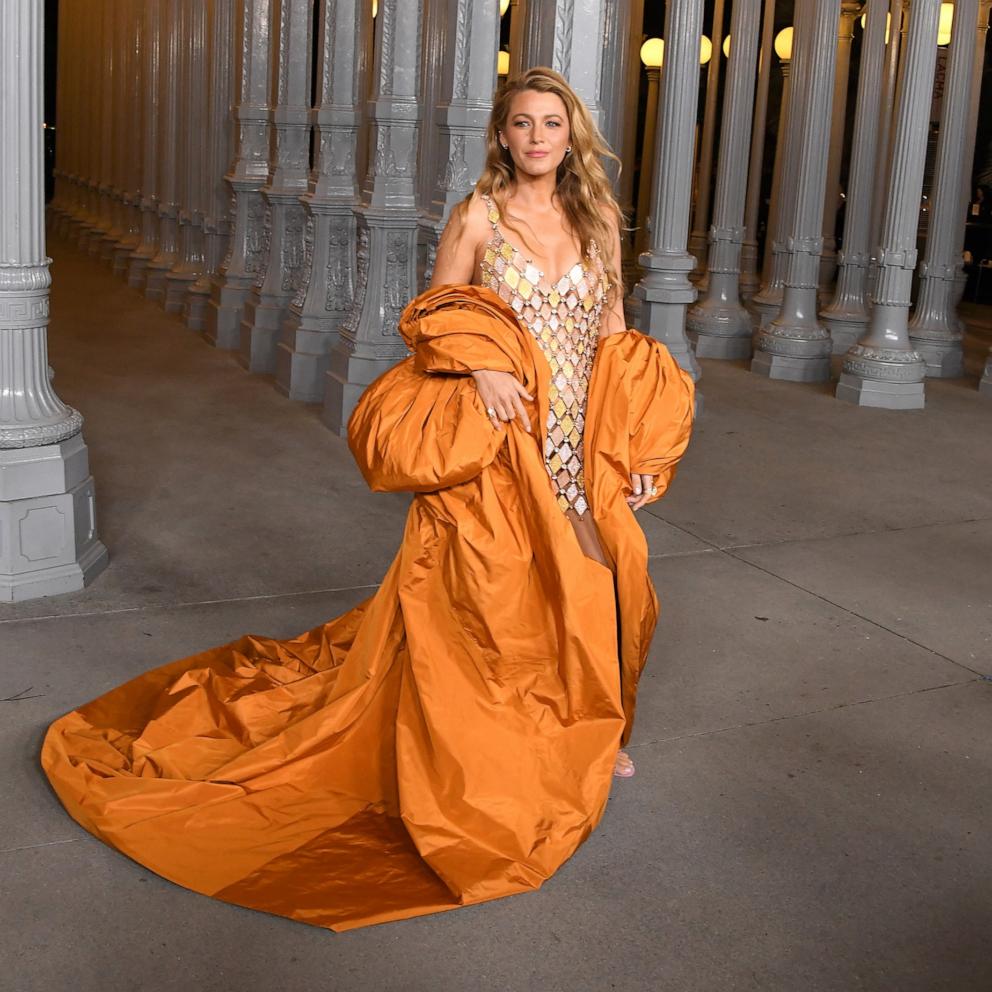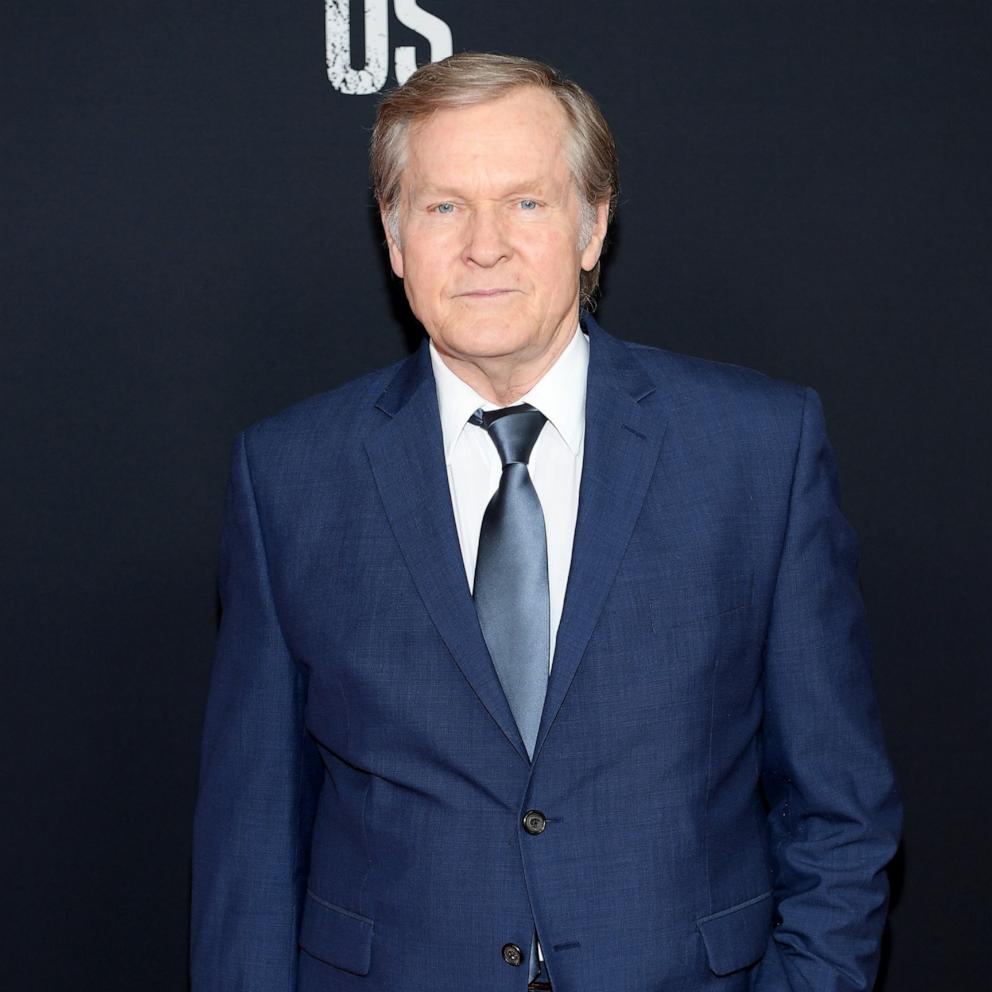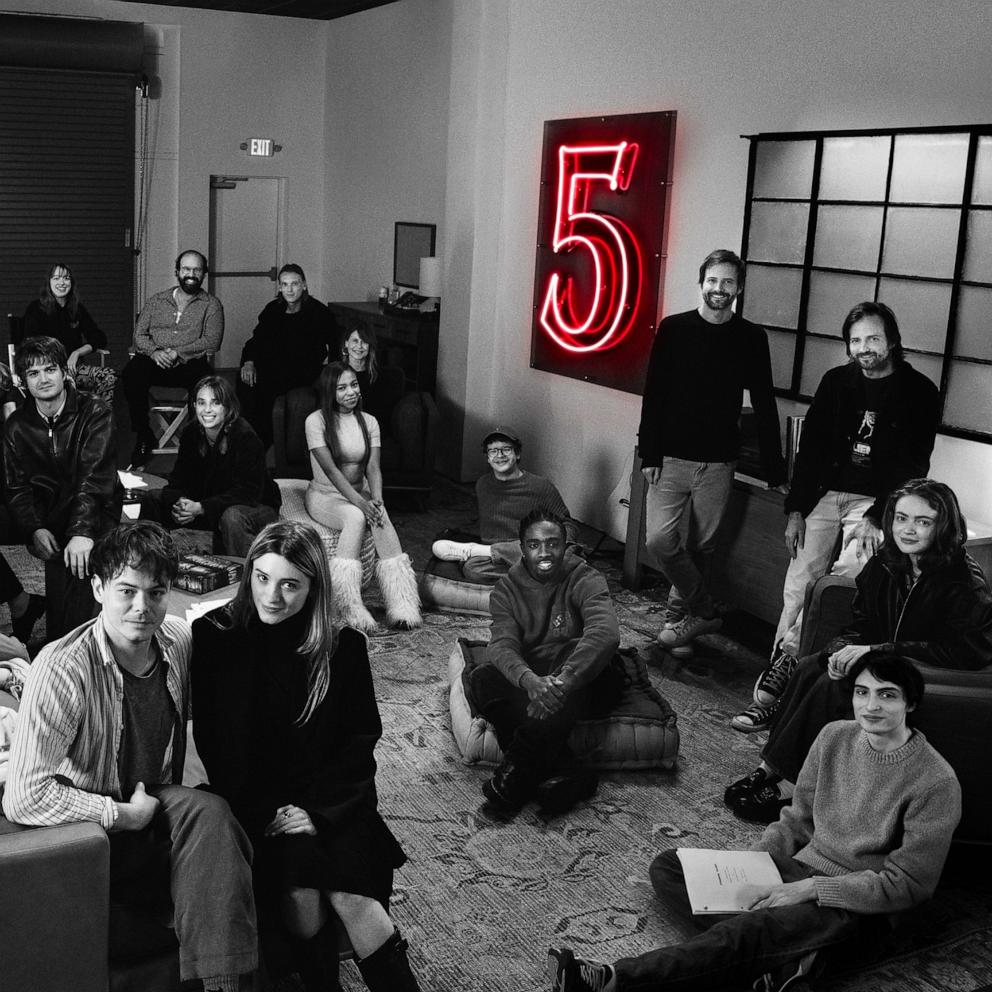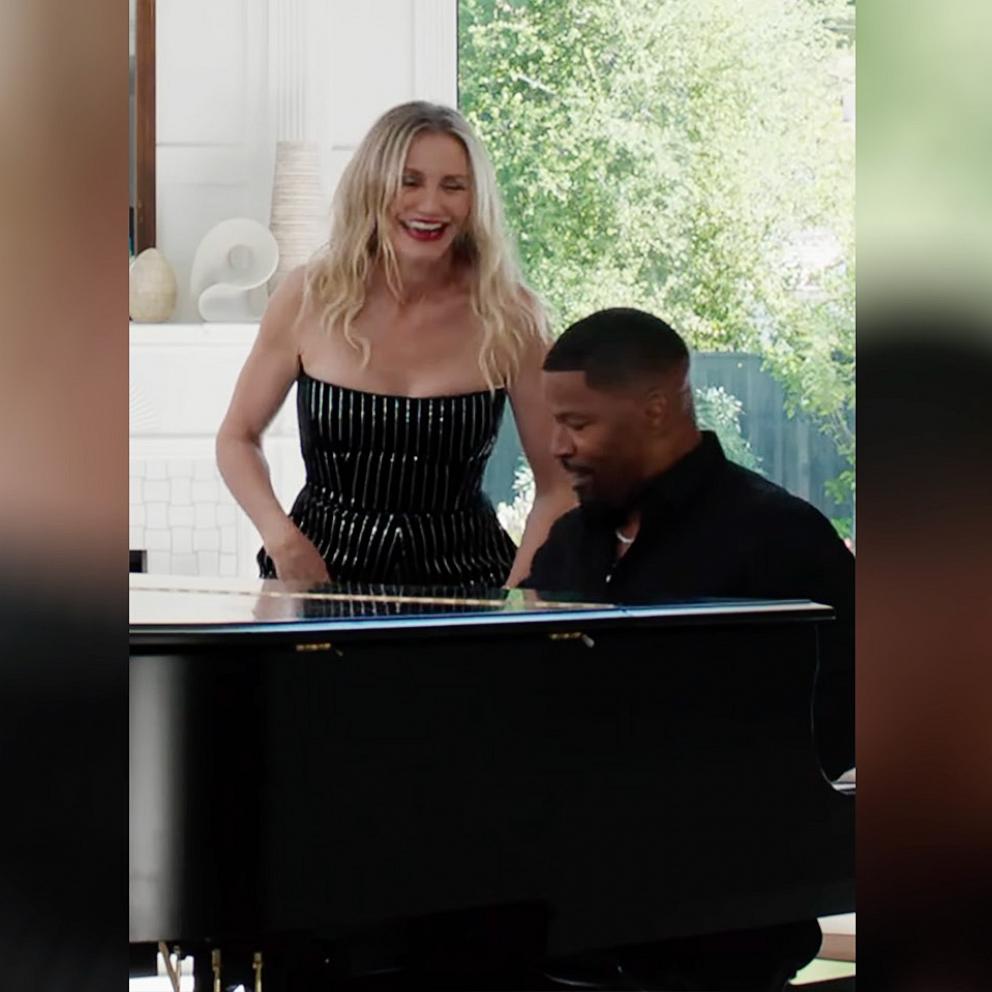Dear Black girls: WNBA player's powerful essay hits home for young women
A WNBA player's powerful message to young Black girls is resonating with readers as the nation continues to grapple with conversations on racism.
"People see me as an athlete, a basketball player out there entertaining -- at end of the day, I'm still a Black woman," A'ja Wilson, 23, told "Good Morning America." "I wanted to put it out there and let Black girls and women know, 'I see you. I hear you. I am you.'"
In a piece for The Players' Tribune, A'ja Wilson shared her experiences as a Black woman -- stressing how regardless of her status, she's "been through it, too."
Wilson, a forward for the Las Vegas Aces, said she wanted to be as relatable as possible in sharing her story, which was published Monday.
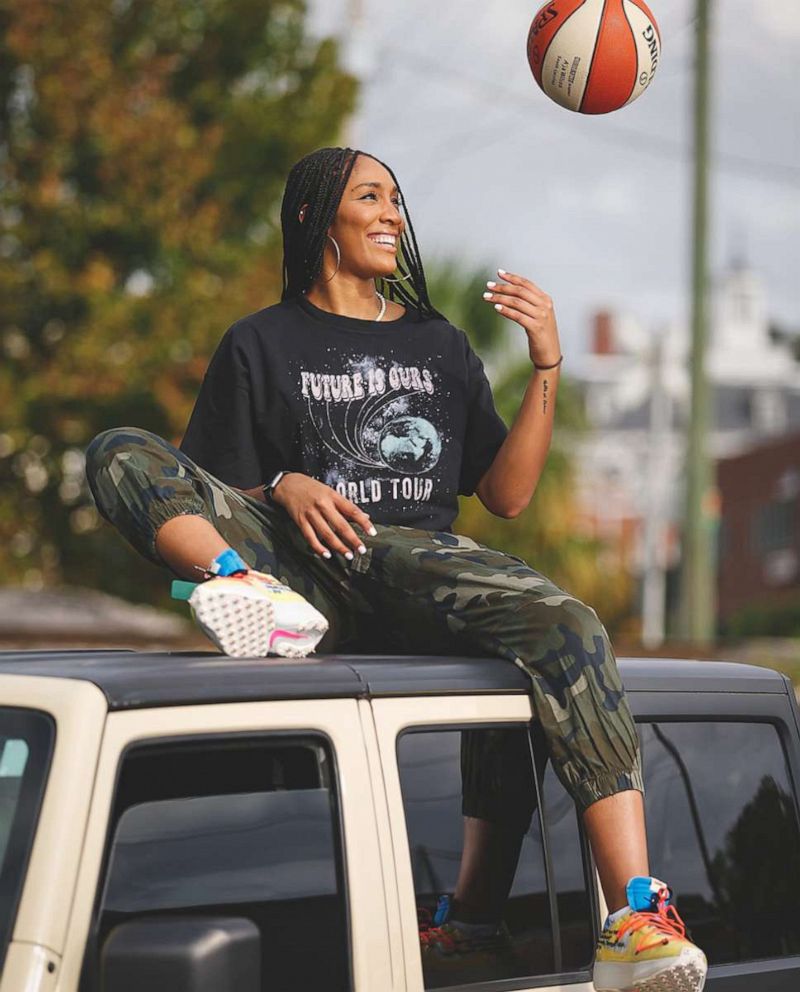
She wrote, in part:
This is for all the girls with an apostrophe in their name.
This is for all the girls who are "too loud" and "too emotional."
This is for all the girls who are constantly asked, "Oh, what did you do with your hair? That's new."
This is for my Black girls.
Wilson went on, revealing a friend told her in fourth grade she'd have to stay outside during her birthday party because her dad "didn't like Black people."
No one's story is exactly the same. But every Black girl, at some point in her life, has her own version of The Birthday Party. That's why I'm writing this to you. I know what it's like to feel like you've been swept under the rug. I know what it feels like to not be heard, not be seen, not be taken seriously.
Wilson said her father read her essay and said he recalled going to her school to talk about the incident.
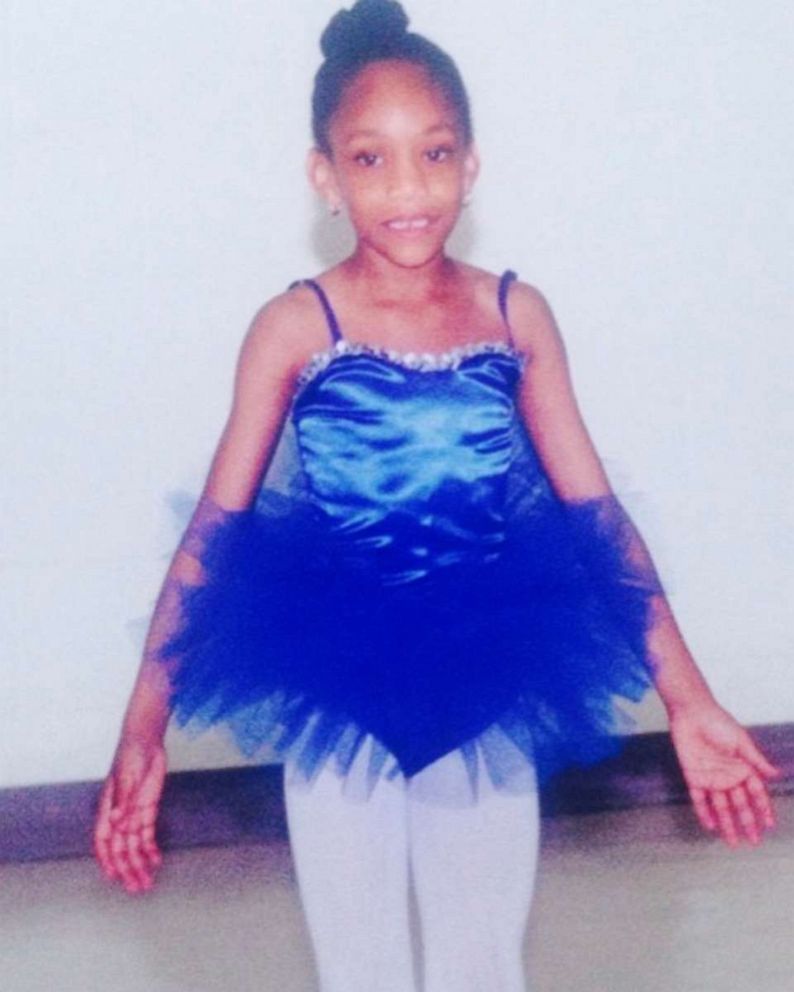
"It's things like that, as a family we all went through," Wilson said. "It's something I'm sure my mom, my dad hated going through."
Fans and friends reacted to Wilson's essay after she shared the link on Twitter.
Wilson said she also addressed certain stereotypes like Black women being "loud," "ghetto" and "too much." She wants to encourage girls to always speak out, regardless of what people say.
WATCH: Bow down to these Disney princesses reimagined as Black Girl royalty
"It's tough because no matter what, you're always going to get labeled," Wilson told "GMA." "If I get mad or upset, I'm seen as the angry Black woman."
"Go out on a limb ... don't feel like you have to say things a certain way, or look a certain way," she added. "Take that chance of speaking your truth and being who you are."
Wilson wants girls to know that they're part of the movement toward change -- just as she uses her own platform to promote justice for Breonna Taylor, a Louisville, Kentucky, woman who was shot and killed by police earlier this year.
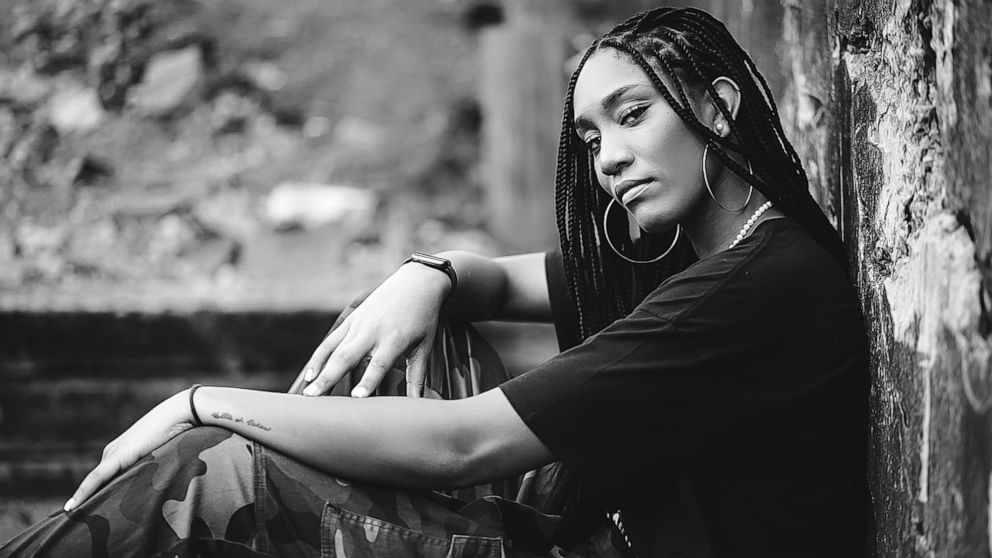
"That could be me, that could be my mom," Wilson said. "I want every young girl to know that's not all about police brutality."
"The key thing is demanding a change around us so we're not the next hashtag."
